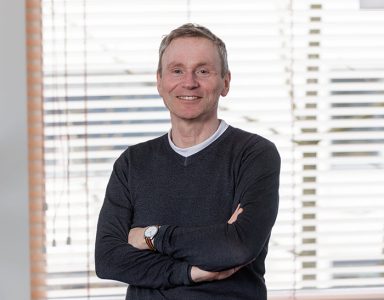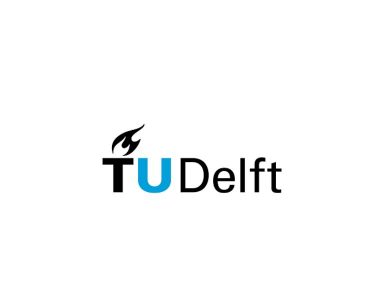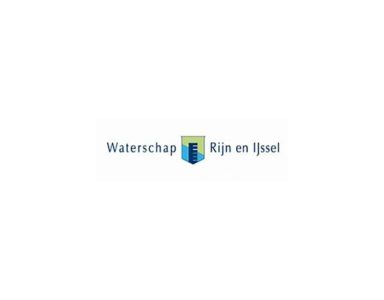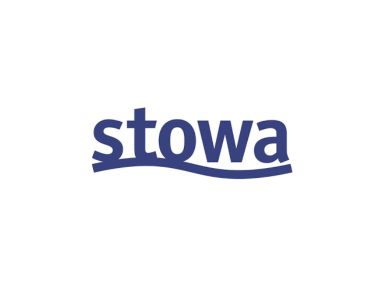Water industry
Curious about your grant options?
Curious about grant opportunities for your water project(s)? Schedule a meeting with a specialist.
The water industry in Europe plays a crucial role in ensuring clean drinking water, sanitation, and the management of water resources for agriculture, industry, and households.
The European Union recognizes the importance of this sector and actively supports it through grants and investment programmes, such as the LIFE Programme and the European Water Resilience Strategy. These initiatives aim to improve water management, stimulate innovation, and strengthen resilience to climate change.
Key Challenges within the water industry
The water sector faces several urgent challenges:
- Water scarcity: 34% of the EU is already affected by water shortages.
- Climate change: Droughts, floods, and extreme weather events threaten the stability of water supply.
- Pollution: Persistent substances like PFAS accumulate in water bodies, posing serious public health risks.
- Aging infrastructure: Many pipeline systems are leaking and inefficient.
- Digitalization and innovation: There is a growing need for smart technologies for monitoring, reuse, and efficient water use.
The European Commission is therefore focusing on digitalization, green infrastructure, and international cooperation to address these challenges.
European grants and investments
The EU offers various grant prorgrammes and funding opportunities within the water sector:
- LIFE Programme: This EU program supports projects in the fields of environment, nature, and climate adaptation. In the water sector, it focuses on water quality, reuse, and ecosystem protection.
- Horizon Europe: Funding for research and innovation projects, including smart water networks, circular water technologies, and climate-resilient water management.
- CAP subsidies for farmers: New “transition packages” support investments in water-saving technologies such as precision irrigation and drought-resistant crops.
- Water Resilience Strategy (2025–2030): This strategy encourages public and private investments in water infrastructure, innovation, and digitalization.
- European Investment Bank (EIB) funding: The EIB is increasing investments in projects such as wetland restoration and smart water networks.
These subsidies aim to future-proof the sector while contributing to the EU’s climate goals.
National grants for the water industry
In addition to these schemes, there are numerous other grant opportunities on a national or regional level. Contact us to discuss the possibilities for your organisation or project.
Discover your grant opportunities
Are you working on a project, innovation or research that could make a valuable contribution to the water industry? Our specialists have extensive experience in advising and supporting all kinds of organisations. Would you like to know more about the possibilities? Send us an email to info@hezelburcht.com, call us on 088 495 20 00 or fill in the form below:









